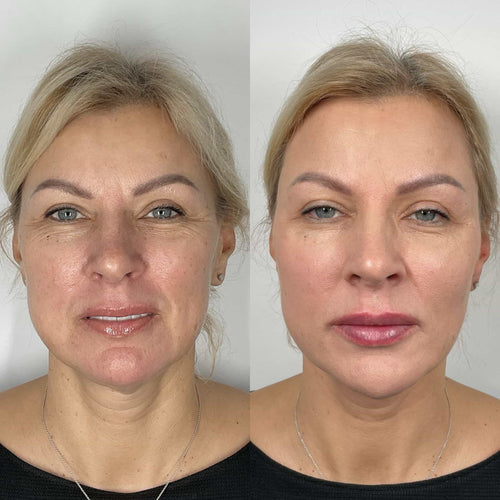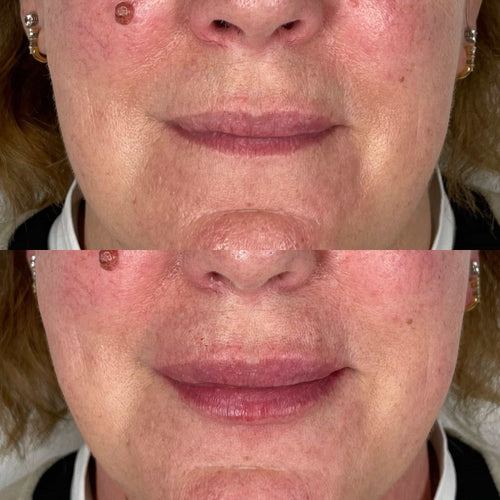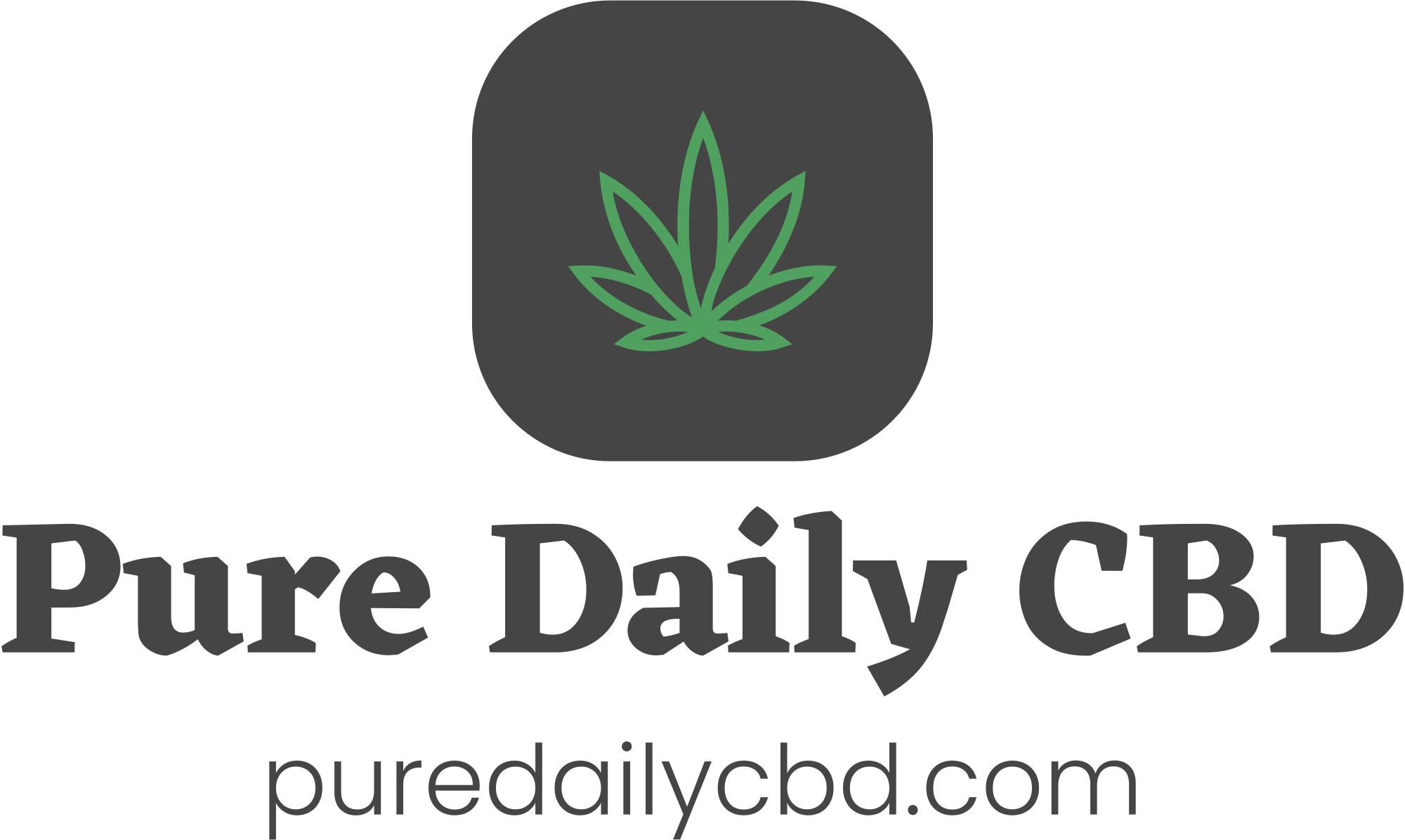Book a Dermal Filler Consultation with Dr. Laura Geige Today
Immediate Relief
Cold Compresses
Immediate relief from lip swelling after filler injections can be achieved with cold compresses.
Cold therapy helps constrict blood vessels, which minimizes inflammation and reduces swelling.
Here’s how to use a cold compress effectively:
1.
Apply an ice pack or a bag of frozen peas wrapped in a thin towel to your lips for 10-15 minutes at a time.
Avoid direct contact with the skin as it can cause frostbite.
2.
Repeat this process several times throughout the day, especially during the first 24-48 hours after your injection.
3.
You can also use a chilled spoon by placing it in the freezer for a few minutes before applying it gently to your lips.
Remember to keep the compress moving and avoid leaving it on for extended periods.
If swelling persists or worsens, consult with your doctor or injector immediately.
Consult Dr. Laura Geige for Dermal Fillers at It’s Me and You Clinic
Elevate Your Head
Immediate relief from lip swelling after filler is crucial for managing discomfort and minimizing the appearance of puffiness.
Applying a **cold compress** to the swollen area can help constrict blood vessels, reducing inflammation and swelling.
Wrap ice packs or cold gel packs in a thin towel to protect your skin from direct contact with extreme temperatures.
Apply the cold compress for 10-15 minutes at a time, several times throughout the day.
Another effective technique is **elevating your head** while you sleep.
This can help drain excess fluid from the lips and surrounding tissues, reducing swelling.
Use an extra pillow or two to prop your head up slightly.

Book Your Dermal Filler Appointment with Dr. Laura Geige at It’s Me and You Clinic
Staying well-hydrated by drinking plenty of water is also important for reducing inflammation.
Avoid consuming alcohol or caffeinated beverages, as these can dehydrate you and potentially worsen swelling.
Long-Term Solutions
Over-the-Counter Medications
Lip swelling after filler injections is a common side effect and usually resolves on its own within a few days to a week.
Here are some long-term solutions to consider:
1. **Choosing the right injector:** Experience matters! Seek out a skilled and experienced injector who understands how to minimize swelling and achieve natural-looking results. Look for board-certified dermatologists or plastic surgeons with extensive training in filler injections.
2. **Allergen Testing:** Some individuals may be allergic to certain fillers. Consider undergoing an allergy test before your next treatment to identify potential triggers.
In the meantime, over-the-counter medications can help manage swelling and discomfort:
* **Cold Compress:** Apply a cold compress or ice pack wrapped in a towel to the affected area for 15-20 minutes at a time, several times a day. This helps constrict blood vessels and reduce inflammation.
* **Arnica Gel:** Arnica is a natural remedy known for its anti-inflammatory properties. Applying arnica gel topically can help soothe swelling and bruising.
Other helpful tips include:
* **Elevate your head:** Sleeping with your head elevated can help reduce fluid buildup in the lips.
* **Stay Hydrated:** Drinking plenty of water can flush out toxins and aid in the healing process.
* **Avoid Alcohol and Smoking:** These substances can dehydrate the body and interfere with healing.
If you experience severe or persistent swelling, pain, or other complications, consult a medical professional immediately.
Prescription Medication
Long-term solutions for lip swelling after filler typically involve addressing the underlying cause and promoting natural healing.
Prescription medication, often prescribed by a qualified medical professional, can play a crucial role in managing lip swelling caused by filler.
Commonly prescribed medications include:
-
Corticosteroids: These anti-inflammatory drugs help reduce swelling and redness.
-
Antihistamines: These medications can alleviate allergic reactions that may contribute to swelling.
-
Pain relievers: Over-the-counter or prescription pain medications can manage discomfort associated with the swelling.
The specific medication prescribed will depend on the severity of the swelling, the individual’s medical history, and any potential allergies.
It is essential to consult a medical professional for appropriate diagnosis and treatment.
Prevention is Key
Choose a Qualified Injector
Prevention is always better than cure when it comes to cosmetic procedures like lip fillers.

Choosing a qualified injector significantly reduces the risk of complications, including swelling.
Here’s why prevention is key and how to choose a qualified injector:
- Thorough Consultation: A good injector will take time to understand your desired outcome, medical history, and any allergies.
- Experience & Expertise: Look for an injector with extensive experience in facial anatomy and filler placement. Inquire about their training, certifications, and the number of procedures they’ve performed.
- Reputation & Reviews: Research the injector’s online reputation. Check patient reviews on platforms like Google or Yelp to gauge their satisfaction.
- Clean & Sterile Environment: The clinic should be clean, well-maintained, and follow strict sterilization protocols.
- High-Quality Products: Ensure the injector uses FDA-approved hyaluronic acid fillers from reputable brands.
Remember, a qualified injector will prioritize your safety and well-being. Don’t hesitate to ask questions and address any concerns you may have before undergoing the procedure.
Follow Aftercare Instructions Carefully
Lip swelling after filler injections is a common occurrence and typically resolves within a few days to a week. However, taking steps to minimize swelling and promote proper healing can make a significant difference in your recovery.
Prevention plays a crucial role:
-
Choose a Qualified Practitioner:
-
Communicate Openly:
-
Avoid Certain Medications and Substances:
Ensure the injector is experienced, licensed, and uses high-quality filler products.
Discuss your medical history, allergies, and any concerns about swelling with your injector.
Stop taking blood thinners or aspirin a few days before the procedure as directed by your doctor.
Limit alcohol intake in the days leading up to and following treatment.
Following aftercare instructions meticulously is equally important:
-
Apply Cold Compresses:
-
Elevate Your Head:
-
Avoid Touching or Rubbing Lips:
-
Stay Hydrated:
Use ice packs wrapped in a towel for 15-20 minutes at a time, several times a day. This helps reduce inflammation and numb the area.
Sleeping with your head slightly elevated can minimize swelling.
Keep your hands off your lips to prevent further irritation and potential infection.
Drink plenty of water to flush toxins and aid in the healing process.
Be patient and allow sufficient time for your lips to heal completely. If you experience any unusual symptoms, such as excessive pain, bleeding, or an allergic reaction, seek medical attention immediately.
Yummalicious Food Divine Magazine Melissa Neufeld Dejour Magazine Divine Magazine Divine Magazine
- Why Are My Lips Dry After Lip Filler - November 1, 2025
- What Is Temple Filler - October 29, 2025
- Weed Seltzers With The Best Packaging - October 26, 2025
